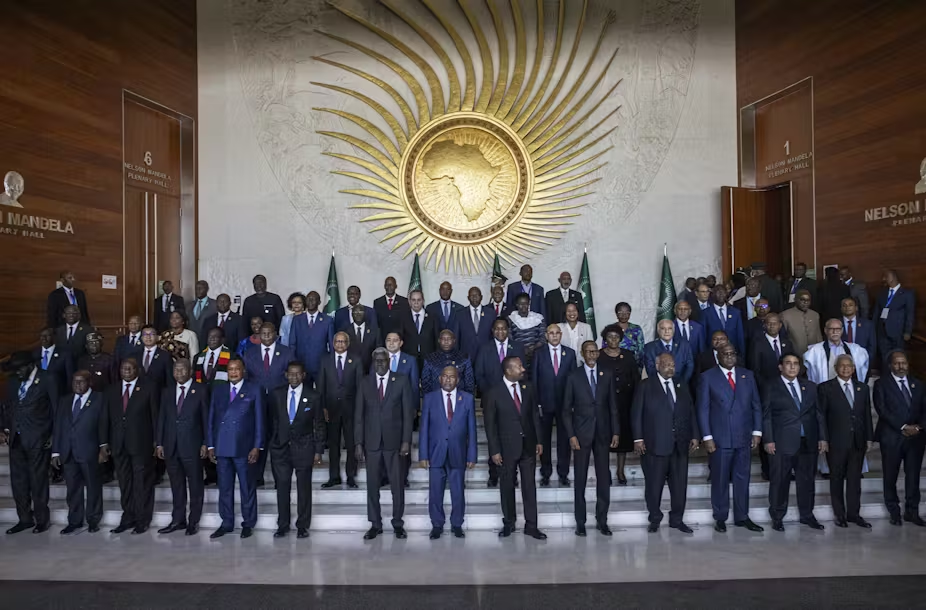
The vision of a united, independent, and prosperous Africa—a dream once nurtured by the continent’s founding fathers—appears to be slipping further out of reach.
Despite a multitude of regional organizations and the African Union (AU) at the helm, tangible progress remains elusive, says African affairs analyst Fatoumata Sidibé Diara.
Speaking in a pointed critique, Sidibé Diara underscores the AU’s limited influence in transforming everyday realities for Africans.
“Beyond the symbol of unity it represents,” she notes, “the AU struggles to demonstrate any concrete usefulness.”
The continental body’s flagship Agenda 2063, which set a critical milestone to silence the guns by 2020, has fallen drastically short as armed conflicts and interstate tensions continue to escalate.
The credibility of the AU itself is now in question.
“Who really listens to the AU today?” she asks. “Its resolutions and positions are often ignored, or even flouted, by member states and external actors.”
At the core of this failure, Sidibé Diara argues, is chronic financial dependence. In 2022, more than 71% of the AU’s budget came from foreign donors.
“How can we talk about independence,” she challenges, “when the AU is financed by the European Union?”
This dependency undermines the AU’s sovereignty and hampers its ability to defend African interests.
A stark symbol of this weakness was the AU headquarters in Addis Ababa—built not with African resources, but through foreign funding.
Sidibé Diara also points to the failure of African leaders to present a united front. At international summits such as China-Africa, Italy-Africa, and others, leaders attend as fragmented delegations.
“How can an entire continent agree to be convened by a single state,” she asks, “lacking credible institutions capable of carrying out pan-African projects?”
Even the promise from the recent China-Africa summit—$50 billion over three years—falls flat in her view.
“All that for that,” she remarks, noting the minimal per-country benefit.
For Sidibé Diara, the solution lies in self-financing and building integration on the basis of common interests, not just geographic proximity.
She points to the Alliance of Sahel States as a model for pragmatic regional cooperation, driven by mutual security concerns.
She closes with a call to Africa’s youth: “Africa is capable of writing its own history, a history of glory and dignity.” That vision, she insists, demands unity—and the time to act is now.



